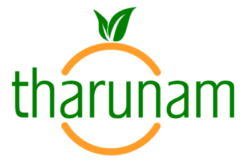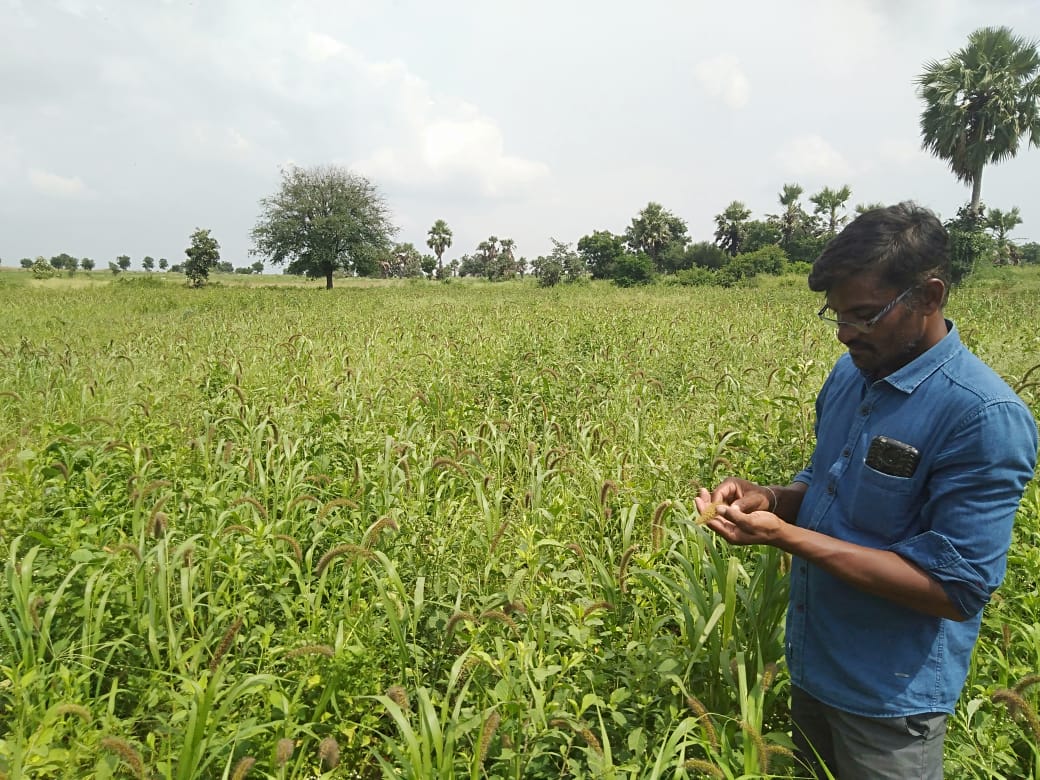tharunam in India is offering customized food literacy training programs in the schools through hands on training curriculum called ‘Food for Social Change‘ model.
It is a six days program with the total time period of 20 hours and students will gain the knowledge of environmental education and sustainable food production techniques which are some of essential skills to acquire in 21st century.
What is important is an Individual empowerment of students about their healthy food choices and its production techniques.
Structure of the programme
Most of the training sessions are hands on work; and participation of the students plays a huge role in such activity based learning. So, most of our training sessions are interactive and the facilitator will be referred as ‘catalyst’ and students will be participants.
Delivery Mode
We intend to use different learning strategies to make participants to understand the concept of food literacy in better way. For example, group discussions, team work, individual work, presentation, paintings, hands on work; critical thinking are some of the strategies to be used in schools.
Target Candidates
Students whose age group between 9-14 years will be consider for food literacy training programs in school.
Outline of our curriculum is
Day 1: Introduction
The first day starts with the introduction of the participants, catalyst and program. During this day, participants will analyze contemporary ecological problems through problem tree and assess the needs through objective tree. These are important analytics to understand the importance food literacy in real life.
Day 2: Know about your soil?
The second day is dedicated to know about soil. Because Soil is an important resource for food. In contemporary world, there are several problems associated with soil, so knowing about soil can enhance the understanding of participants about soil and food .
– What is soil? How does it formed? Different layers of soil-Importance of the top soil
– Concept of waste and its consequences on top soil
– Different types of soil and suitable crops
– Soil erosion, Degradation and Preventive measures.
Day 3: Soil Health Management techniques
During third day, participants will gain knowledge about natural soil health management techniques like preparing compost, mulching and preparing manures (Solid and Liquid)
Day 4: Utilization of Natural resources
Proper utilization of natural resources can achieve sustainable food production. Land, Water and Sun light are the important resources for food production. So, during this day, participants will acquire the following skill set
– Crop companion
– Micro irrigation techniques
– Indigenous seed development
– Developing seedlings
Day 5: Plant health management
Improper plant health management techniques relates with air, water and soil pollution. But, the knowledge of food chain and food web can help us to either prevent or control pest attacks. So, during day 5, participants will get knowledge about
– Why pest attacks? Understanding food chain and food web.
– Preventing and controlling techniques of pest
Day 6: Setting up seed bank in the school
We are envisioning to setup seed banks in every school where diversity of the seeds can be preserved for future generations. The six days of training program will complete on 6th day, and participants will get the following skill set
– Sowing seeds
– Natural Seed treatment methods
– Preserving seeds through seed bank
We are developing different models where food as medium to address different social problems.
Copyright@tharunam
If you are interested and want to conduct these training programs in your school, please reach us through founder@tharunam.org

